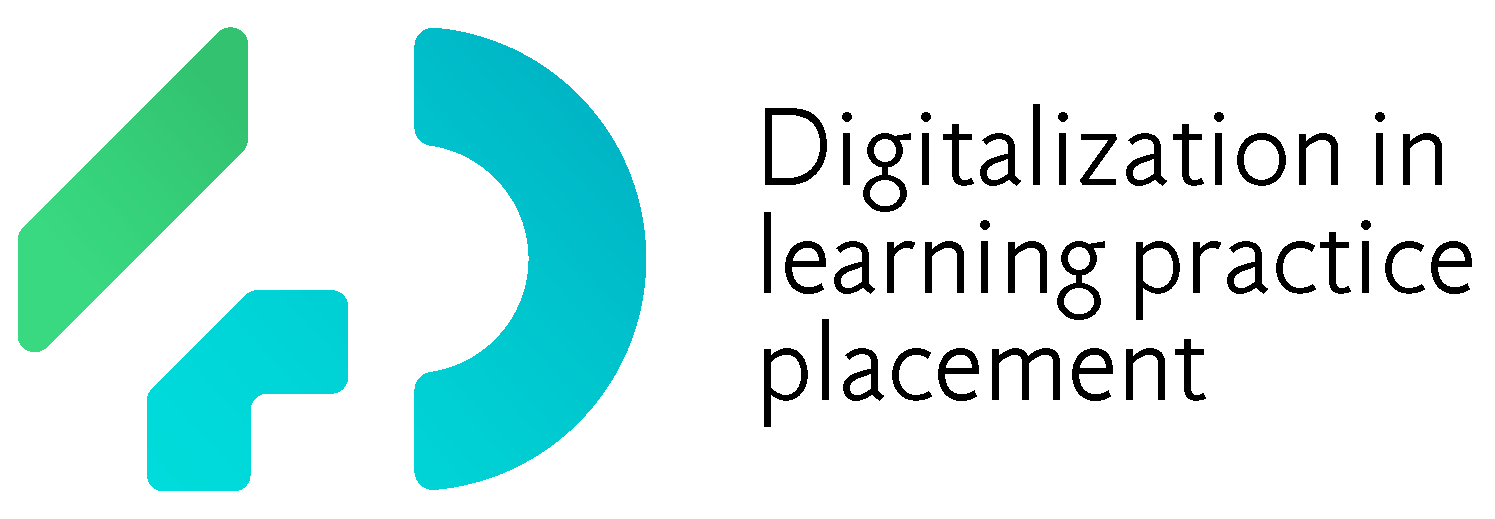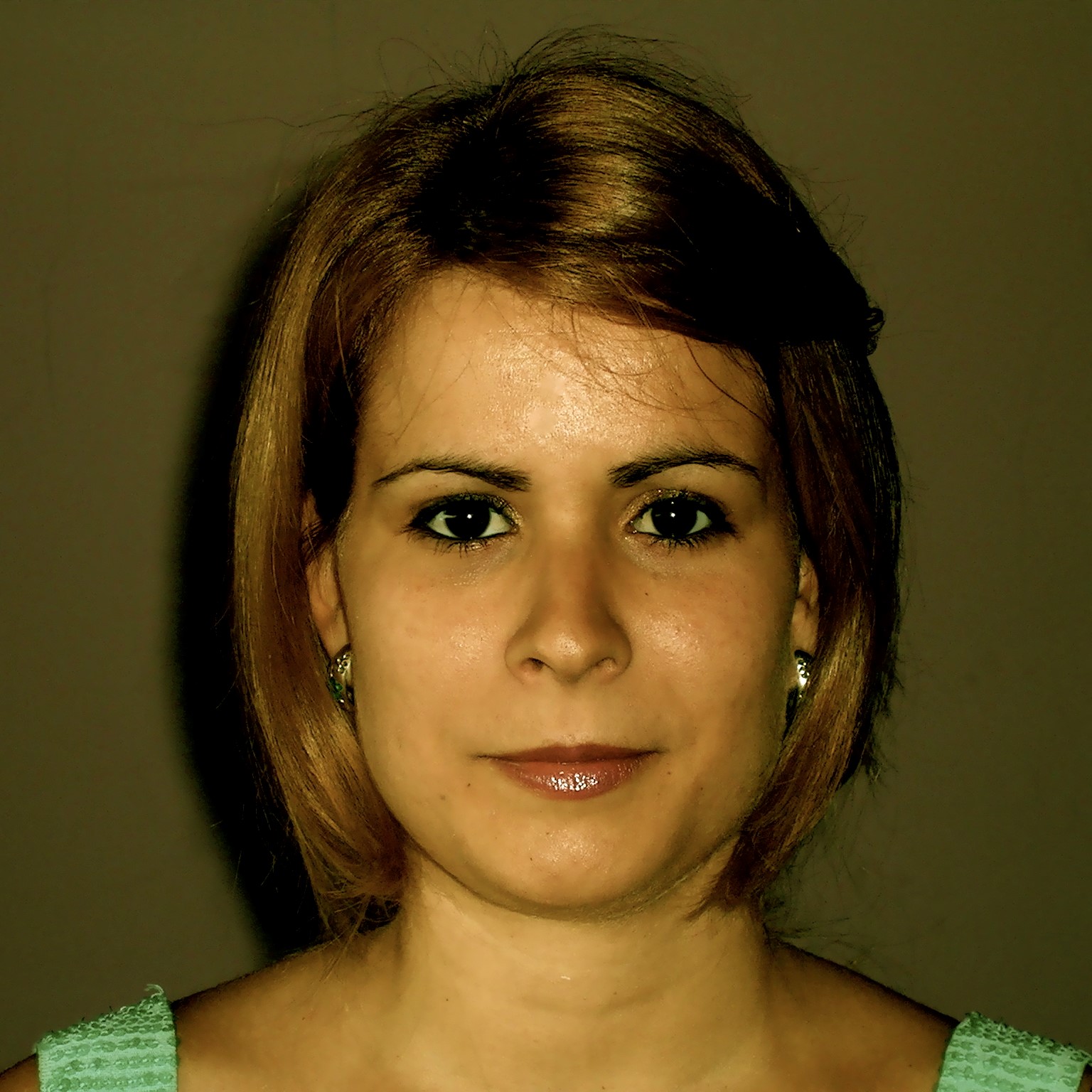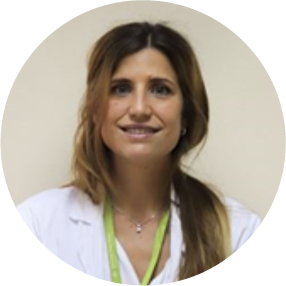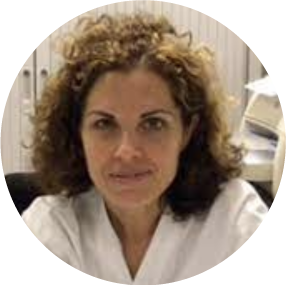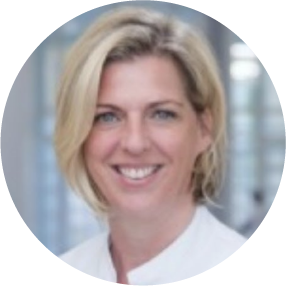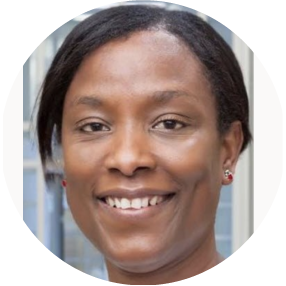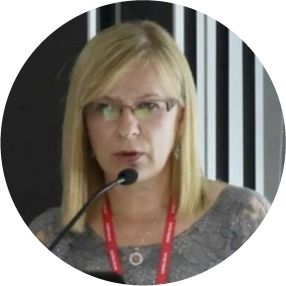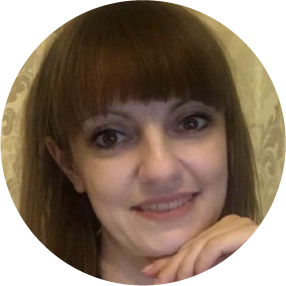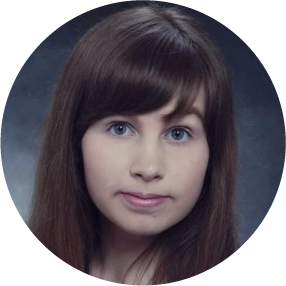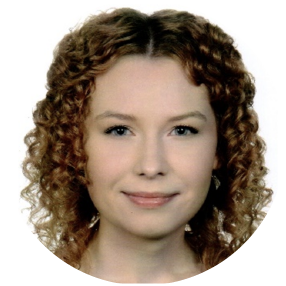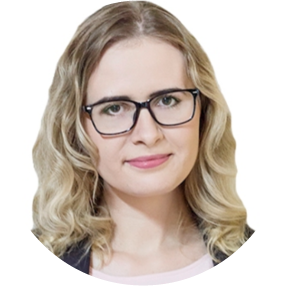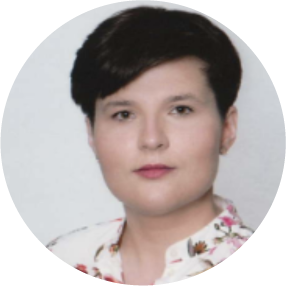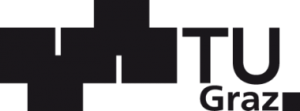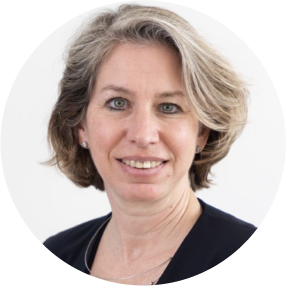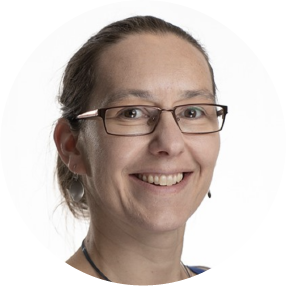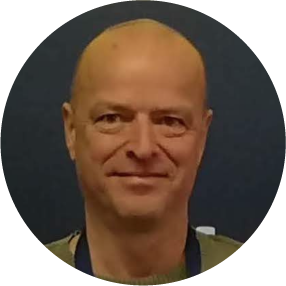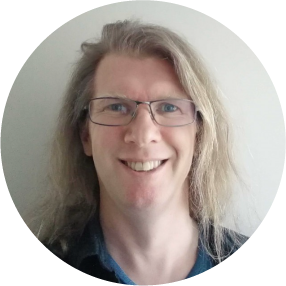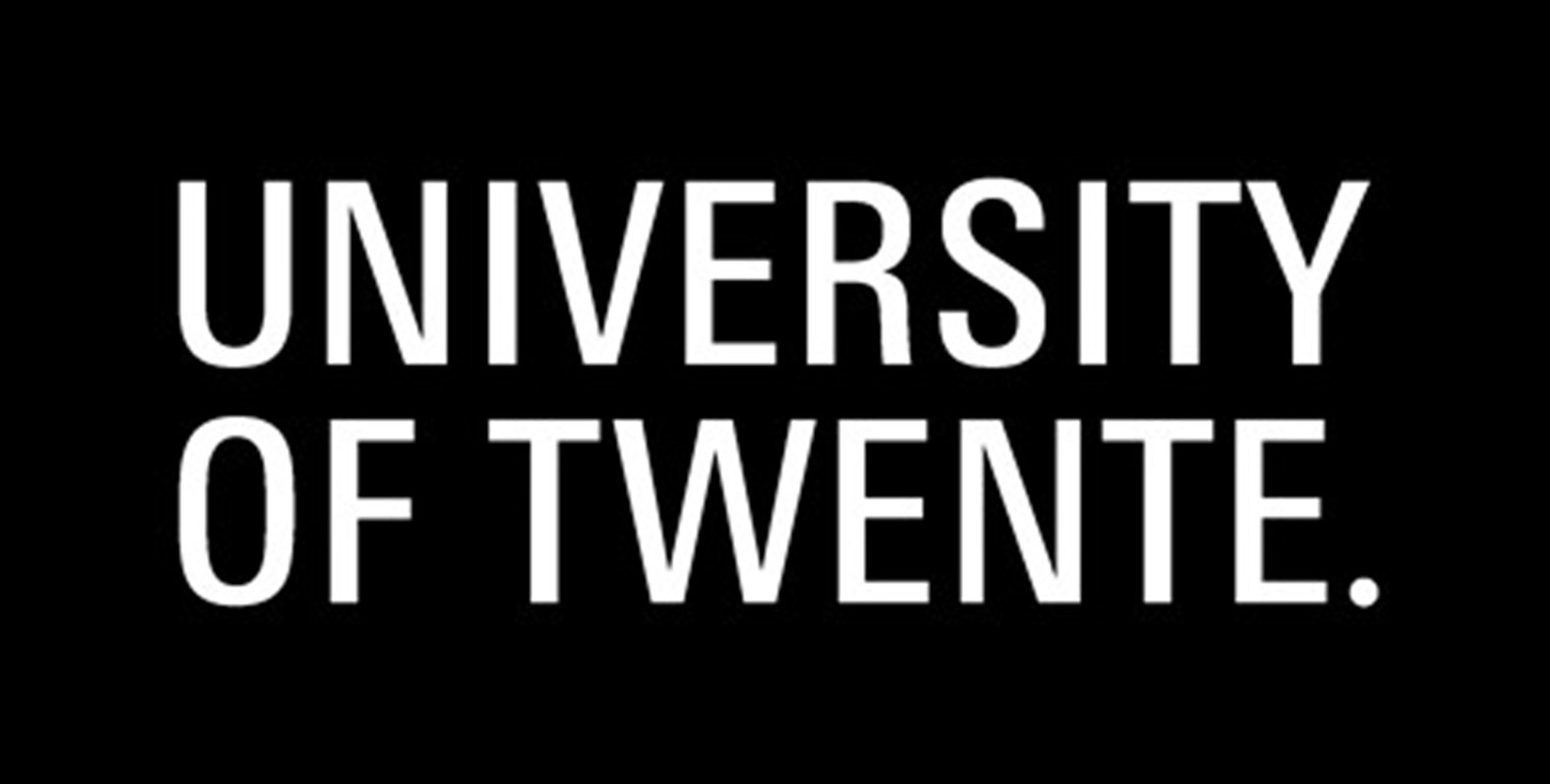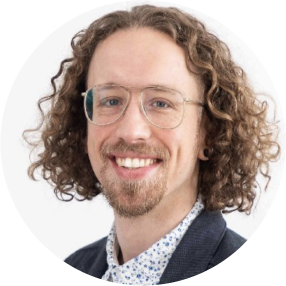European partnership
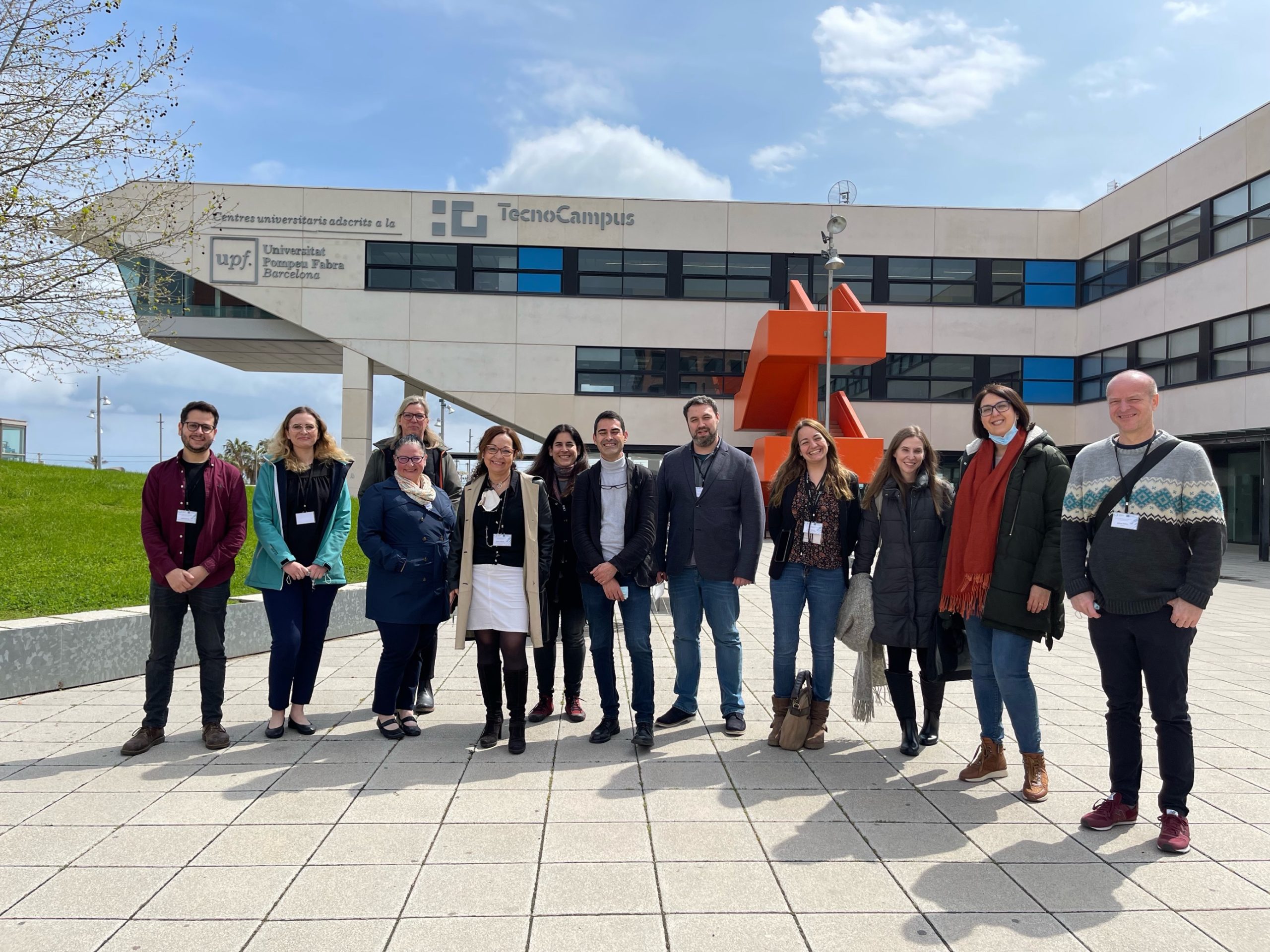
The TecnoCampus School of Health Sciences (ESCST) began its career in the 2010-2011 academic year. As a centre affiliated to a university of excellence, Pompeu Fabra University, the ESCST has consolidated itself within the region as a benchmark university centre in health education.
The Germans Trias i Pujol Research Institute (IGTP) is a public research centre in Catalonia (Spain) dedicated to increasing scientific knowledge and transferring it to improve the lives of patients. IGTP carries out research numerous research areas, contributing to improved treatments and healthcare protocols, producing patents and setting up spin-off companies. It is a CERCA centre; a member of the bio-cluster supported and supervised by the Catalonian Government. It is also accredited as a Centre of Excellence by the Instituto de Salud Carlos III and in this capacity acts as an umbrella organization for scientific research on the campus, where it works closely with the other centres located there and sharing core facilities.
IGTP works in conjunction with Germans Trias University Hospital (HUGTP), one of the large teaching hospitals in the Barcelona belonging to the Institut Català de Salut (ICS), and is located on the biomedical campus that surrounds it, Campus Can Ruti. At HUGTP, undergraduate students from over six universities do their clinical internship and as such, the hospital has a long-standing tradition in innovative teaching models both in medical and nursing training programmes.
The University of Duisburg-Essen (UDE) was founded in 2003 and is one of the youngest and largest universities with about 41,000 students in Germany. It is located in a region characterized by structural change (Ruhr area) in the state of North Rhine-Westphalia in the west of Germany and has developed into a globally recognized research university. Its broad spectrum of subjects ranges from the humanities, social sciences and education to economics, engineering, natural sciences and medicine.
The Faculty of Medicine is part of the University of Duisburg-Essen with about 1,850 students. A wide range of scientific subjects (scientific and medical fundamentals, clinical subjects, and areas from psychology and sociology) is available for the education of medical students. The integration of applied knowledge with regard to the individual case of illness is just as much a part of the training as the direct contact with patients. Digitalization also plays a major role in the context of teaching. Thus, the integration of new digital didactic concepts is continuously worked on and integrated into teaching and learning.
The history of the Medical University of Lublin goes back to 1944 when the Faculty of Medicine was included as part of the newly founded Maria Curie-Skłodowska University in Lublin. In 1969, with the effort of the Polish Nursing Association three- years nursing studies at the former Medical Academy of Lublin was established, which in 1972 was transformed into the Faculty of Nursing at the Medical University of Lublin. It was the first place in Eastern Europe of an academic education of nurses.
The University has a wide range of education in the fields of study: Medicine, Pharmacy, Physiotherapy, Dentistry, Dietetics, Electroradiology, Cosmetology Nursing, Midwifery, Emergency medical service. In 2001, the first English language program was launched for international students. The university also educates doctors of medical sciences and health sciences on 4-year education at the Doctoral School of Medical University of Lublin. There are 7091 students studying at the University, including 1347 international students.
Graz University of Technology is the oldest technical university in Austria. It currently has 13,700 students from over 100 countries and 1,900 researchers whose work encompasses all technological and scientific disciplines.
The Institute of Interactive Systems and Data Science (ISDS) is a culmination of two major streams: Interactive Systems (IS) and Data Science (DS). Within this institute the research groups “Working, Learning and Technology” is participating in the 4D Project. This group’s research on interactive systems design from a socio-technical and learning perspective is situated in human-computer interaction, and in educational technology from a human-computer perspective. Socio-technical design means that technologies don’t work on their own. Rather, the whole socio-technical system in which they are placed needs to work in harmony. Subsequently, our research is about designing socio-technical interventions.
Kubify
Kubify’s Learning Toolbox is a multi award-winning ePoster platform that is being used in virtual, hybrid and onsite conferences and events across the world. Our approach steps away from the old paper poster model and takes full advantage of the move to a digital format. Learning Toolbox allows people to quickly and easily build their own collections of interactive and multimedia material and share them with others. These dynamic collections can be used as ePosters, shareable speaker presentations, round table resources or research calling cards.
Since the University of Twente’s founding in 1961, we have been deeply connected with the rich industrial heritage of our region and the well- being of its population. We proudly carry that forward, both at home and internationally. Today we are a catalyst to many high-tech communities and sectors with strong partnerships in a wide range of industries and societal domains. We participate in ground-breaking, globe-spanning networks and programmes. We maintain lifelong connections with more than 50,000 alumni worldwide. The University of Twente is a multicultural community of talented, ambitious people that offers students, scientists and educators from around the world the best possible conditions.
